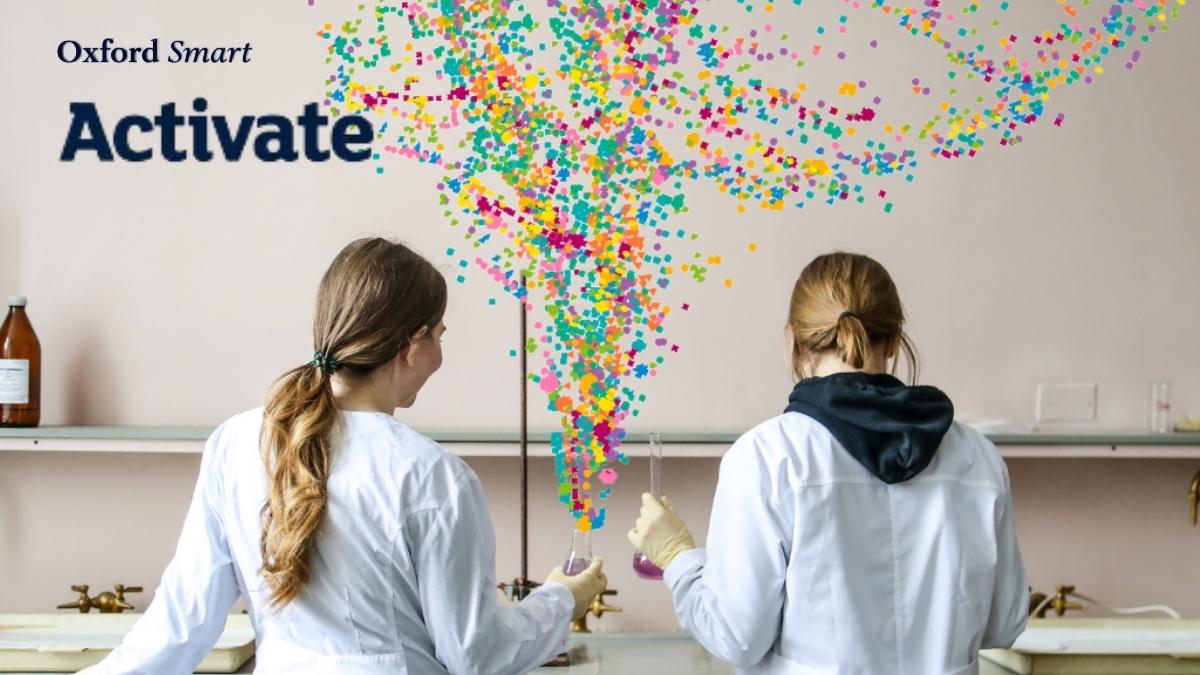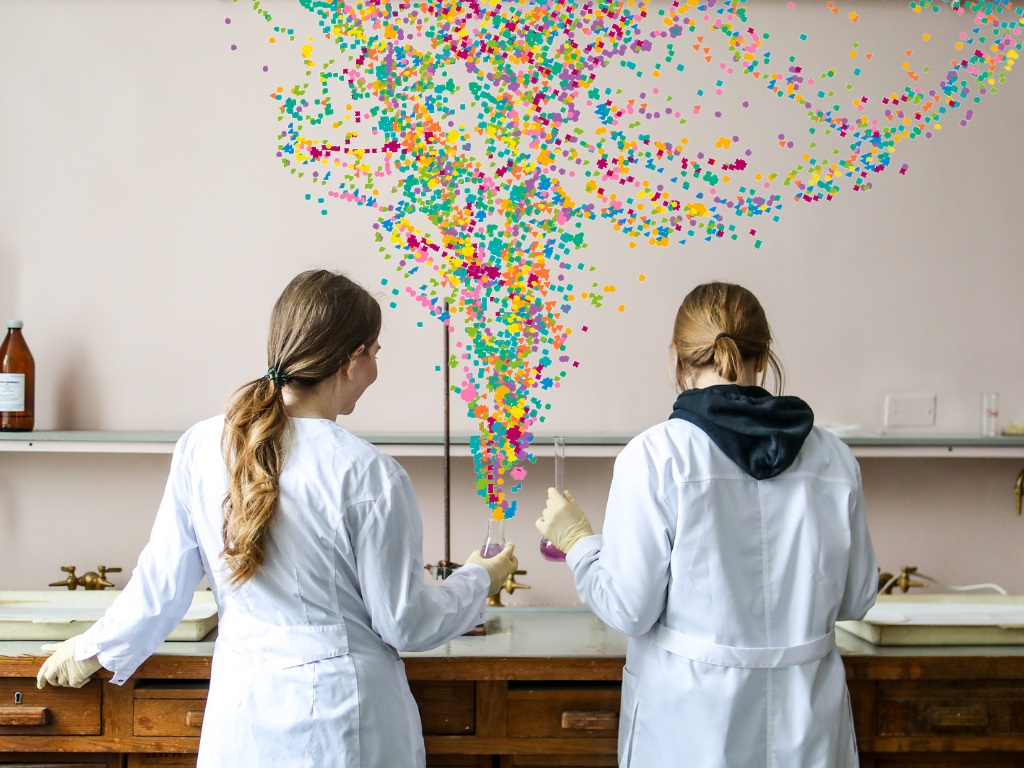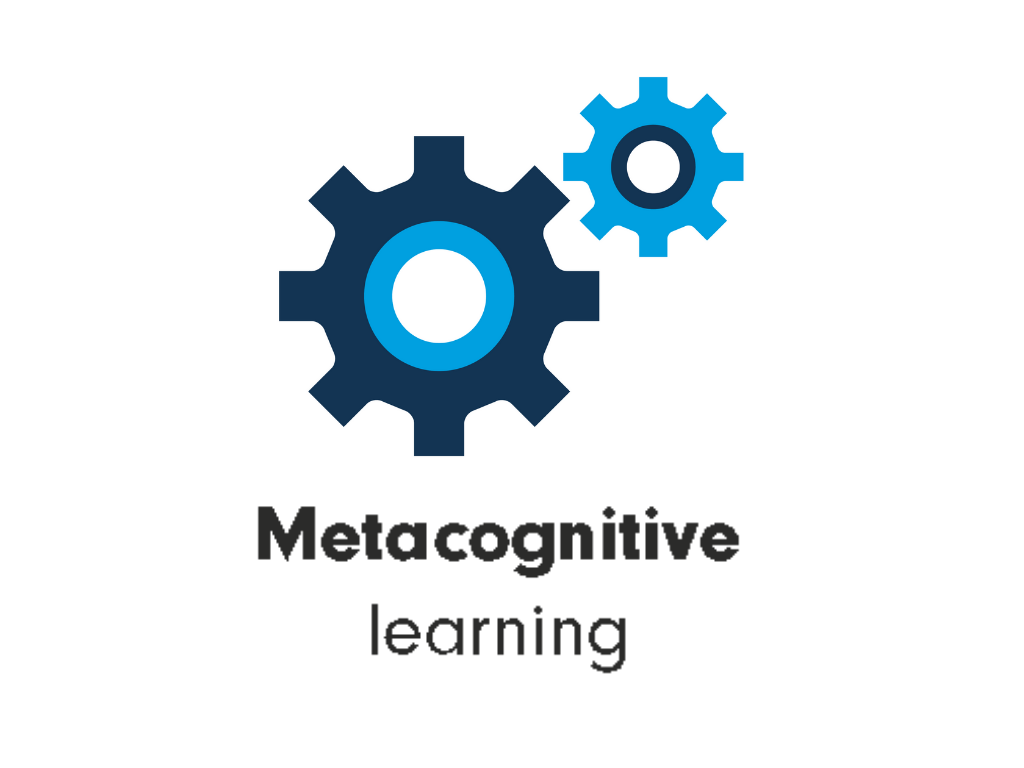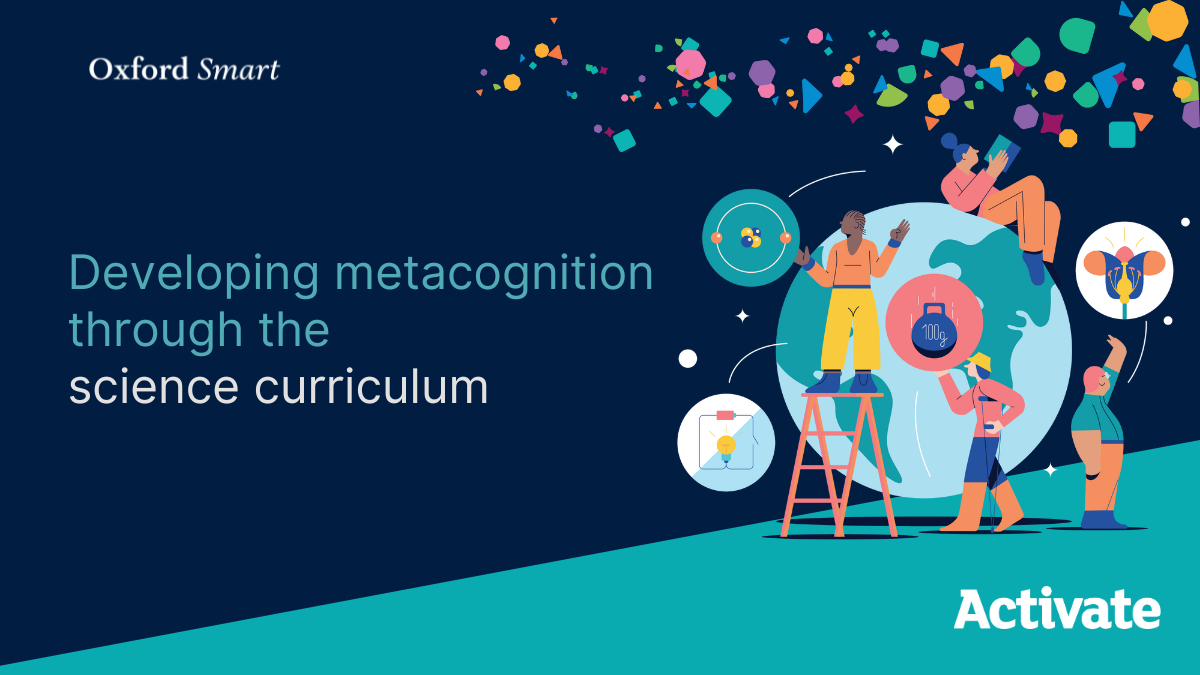
As every learner is unique, so is every science teacher. Each with their own specialisms and areas of interest, there are always going to be parts of the science curriculum in which science teachers are more-confident and others in which they need more guidance. Adding to that, teacher recruitment and retention being an increasing concern […]
Read more




